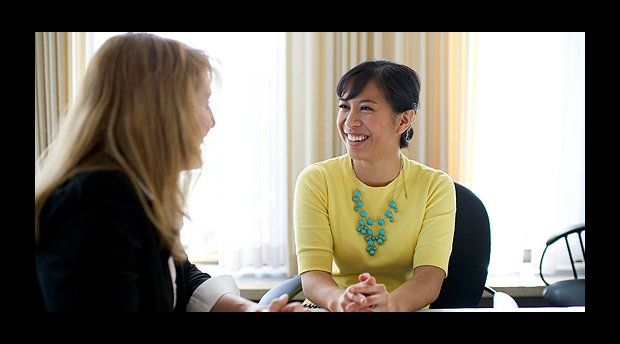So You’ve Got That Job At Last: What Are The First Four Things You Do?
Post Views 95
There are many things that you should consider when you are changing jobs. Stuart Ritter, senior financial planner with fund company T. Rowe Price says that doing so “could significantly influence your future.”
The first thing to take into account is that your new employer’s benefit plan may be totally different from the one that you are currently having. Chances are that with the new plan conventional pension is out. Moreover, owing to the recession many touched upon their 401(k) plans considerably depleting it.
When you examine your new workplace retirement plan it may not be as good as your old plan. But irrespective of what your new salary is, try to save as much as you can, around 15 percent, including what the company matches is a reasonable goal to set. Don’t default on your old savings pattern. Whatever assets you have in your old plan, it is better to roll them into your new employer’s plan, but never cash-out your old savings.
See what the new workplace has to offer as far as health and other benefits are concerned. Yours and your family’s health needs may not change much but your benefits could be different from what you enjoyed earlier.
Use the transition period from the old job to the new one to decide what is the precise amount of insurance and disability coverage that you may need. Then assess if your new employer is covering it for you or you have to buy it on your own. Also see if your spouse’s employer is offering anything that can contribute to the overall healthcare concerns of your family.
Make sure that you spend all that you have in the flexible spending account with your former employer. These are pre-tax-dollars, but the funds that you don’t use before the fiscal year ends, will be lost to you. Make certain that you submit enough eligible expenses to take full advantage of your account with your former employer.
Fourth and last on the list, is to reappraise the beneficiaries that you have listed on your retirement plan. There may be many reasons why you would want to change it. You could have had another child. Relationships change with passing time and this is one aspect of financial planning that more often than not people overlook.
Becoming financially secure is a goal that most people aspire for. It is very complex, but it is achievable if you understand what is right for you and what steps you should take to ensure that all the hard work pays dividends when you and your family need them the most.
When you are in your thirties and have a handsome pay packet at the end of the month, the last thing on your mind is saving for your twilight years. They seem, oh! so far away. You are probably thinking of buying a car or new clothes or gadgets. However, becoming financially secure does not mean that you have to sacrifice things that you need and that you self-deprive yourself.
Financial insecurity can cause illnesses and be a serious impediment to your health and happiness – so plan well for the future, the present will take care of itself.
So You’ve Got That Job At Last: What Are The First Four Things You Do? by Harrison Barnes


 How to Succeed at a New Job
How to Succeed at a New Job  How to Make That First Job Worthwhile
How to Make That First Job Worthwhile  When Low Paying Jobs Are Worth It
When Low Paying Jobs Are Worth It  Don’t Forget to Give Back with Volunteer Work
Don’t Forget to Give Back with Volunteer Work